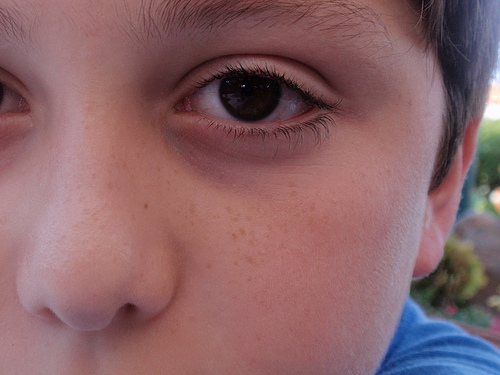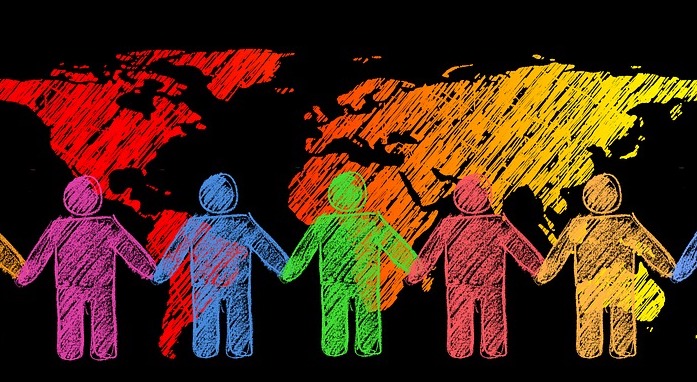 Babies cry, toddlers have tantrums. At some point, parents expect their kids to start managing their feelings without epic meltdowns.
Babies cry, toddlers have tantrums. At some point, parents expect their kids to start managing their feelings without epic meltdowns.
Children develop those skills at different times, psychologists say. Their ability to manage negative feelings depends on genetics, their natural temperament, the environment they grow up in, and outside factors like how tired or hungry they are.
Here are science-tested strategies parents and caretakers can use to teach kids these important skills:
- Start early: Caregivers can start talking about feelings when their children are still babies. Point out when book or movie characters feel sad, happy, angry, or worried.
- Connect: Being consistent and comforting will help you develop a secure attachment with your child.
- Talk and teach: Teach your children to recognize and name their emotions.
- Model good behavior: Have you heard the old saying ‘Do as I say, not as I do’? Children learn by modeling what their parents are doing, not saying.
- Stay calm: Modeling good behavior is easier said than done—especially when your preschooler is throwing the world’s biggest tantrum. If you’re about to lose your cool, take a minute to breathe and calm down before you address the situation.
- Plan options: When your child is calm, talk about some ways they can handle a tricky situation. Imagine they pushed a classmate who had a toy they wanted to play with. When things are calm, talk about different choices they could make next time: They could tell the teacher, ask the classmate to take turns, or find something else to play with. This process can help your child develop problem-solving skills.
- Act it out: Once you talk about possible options, it’s time to practice. With practice, kids will begin to apply those new skills in the real world.
- Punish less, praise more: It’s tempting to give consequences for bad behavior. But strict punishment makes behavior worse, not better. In other words, caregivers should spend a lot of time focusing on positive attention, praise, and rewards for good behavior.
- Be a team: For kids who are struggling to learn emotion regulation, consistency is key. “It’s really important for parents, grandparents, teachers, and other caregivers to work together to address a child’s self-regulation problems,” John Lochman, PhD, ABPP, a psychologist at the University of Alabama, said. “Sit down to chat and plan a coordinated approach to handling the child’s behaviors.”
- Check your expectations: Don’t expect your child to behave perfectly, especially if they’re genuinely scared or stressed, said Pamela Cole, PhD, a psychologist at Penn State University. When they’re afraid or anxious (like getting vaccinated or starting school for the first time) they might not be able to access the self-regulation skills they use in more low-stakes situations.
- Take the long view: Most children learn to manage big feelings by the time they’re in elementary school. But that doesn’t mean their emotional development is finished. Executive functions—skills like planning, organizing, problem solving, and controlling impulses—continue to develop into young adulthood. When you feel frustrated by your child’s behavior, remember that emotion regulation takes time.
If your child is struggling with emotion regulation, psychologists or other behavioral health professionals can help. Cole also suggests parents reach out to teachers or school counselors for input and resources.
Excerpted from “How to Help Kids Understand and Manage Their Emotions.” Read the full article on the American Psychological Association website.
Source: American Psychological Association | How to Help Kids Understand and Manage Their Emotions, https://www.apa.org/topics/parenting/emotion-regulation | © 2023 American Psychological Association
To schedule an evaluation or to get advice, call or email a CHC Care Coordinator at 650.688.3625 or careteam@testing.chconline.org CHC teletherapy services are available now.





